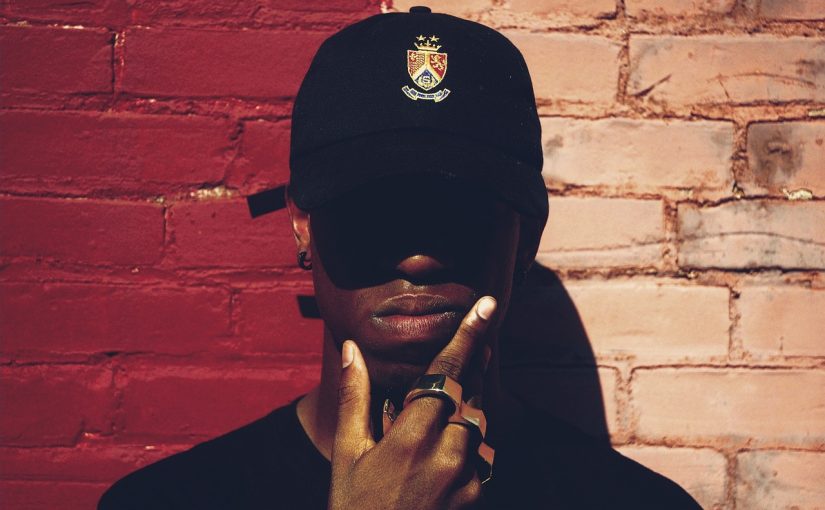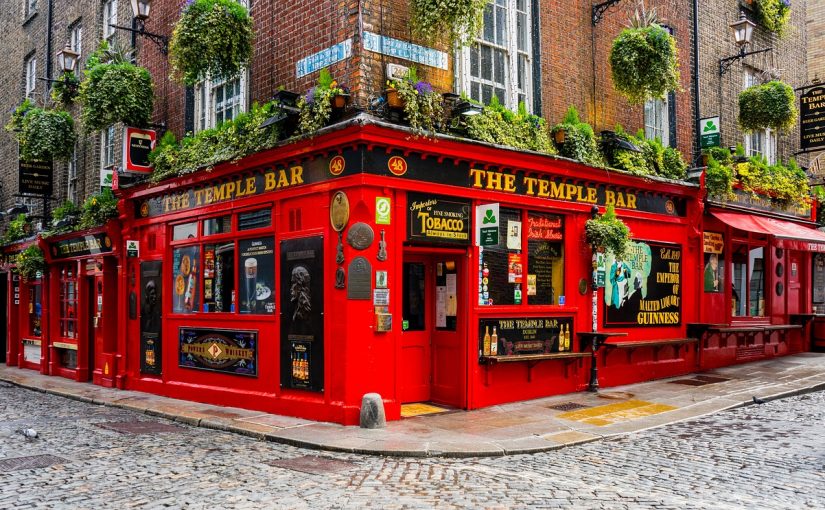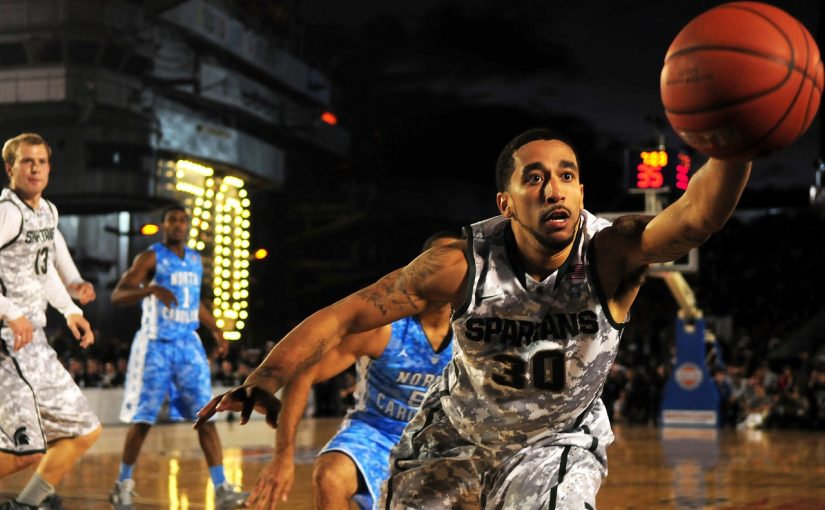Welcome to the Slangpedia entry on the slang term “word”!
In the world of slang, “word” commonly signifies agreement or to indicate that something is truthful.
“Word” is a term that’s taken on a life of its own, evolving from a simple linguistic unit into a versatile slang term. If you’ve come across someone using “word” in a context where it doesn’t seem to relate to language or vocabulary, they’re likely using it as an affirmation. This response can mean ‘yes’, ‘I agree’, or ‘I understand’.
Origins of the Term:
The genesis of “word” as a slang affirmation is deeply embedded in African-American vernacular English. Born from urban environments, especially the growing hip-hop communities of the 1970s and 1980s, its exact origin point may be hard to pinpoint, but its significance within the hip-hop world is undeniable.
Applications in Music:
Rap and hip-hop were not just genres of music; they were, and remain, cultural movements. As such, they played a key role in popularizing “word”. The term found itself woven into the fabric of lyrics, symbolizing endorsement or underscoring the veracity of an artist’s message. Legends of the genre, from Run-DMC to Tupac Shakur, frequently integrated this term into their tracks.
Incorporation into Film and Pop Culture:
“Word” extended its influence beyond music, echoing in the halls of popular culture. Iconic films and TV shows, especially those reflecting urban landscapes or street culture, employed “word” to add layers of authenticity to dialogues and character backstories. Its usage in influential movies like “Do the Right Thing” and series set in the urban milieu highlighted its widespread acceptance.
Societal Impact and Usage:
Over time, “word” permeated everyday conversations, moving from the confines of studios and screens into streets and households. While rooted in hip-hop and African-American culture, its universal appeal has turned it into a linguistic bridge, resonating with people irrespective of their cultural or geographical backgrounds.
Noteworthy Points:
- Emphasis in speech often elongates the term: “woooord.”
- “Word” occasionally partners with “up” to form “word up,” another affirmation of agreement or emphasizing truth.
- Its lasting appeal is evident in its multigenerational recognition; both Gen Xers and Gen Zers are likely to understand and use the term.
- “Word” is so adaptable that it can also be posed as a question, signaling curiosity or surprise. It’s a testament to the term’s flexibility and enduring nature.
Fascinated by Slang? Explore More!
Discover other captivating slang terms and their origins. Here are a few more gems for you:


